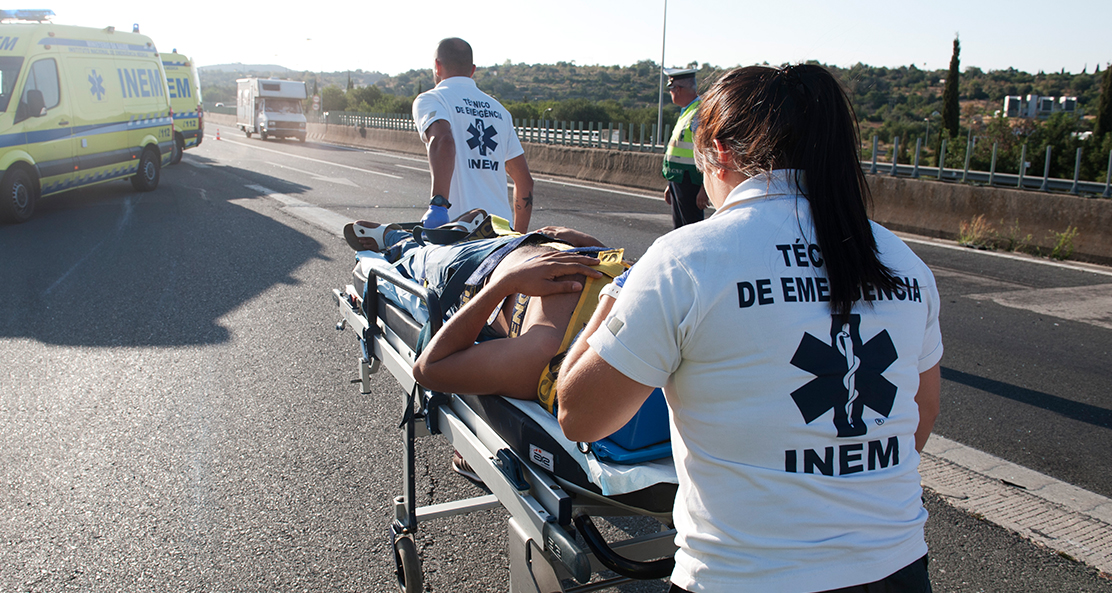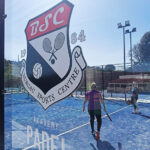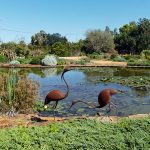Medical emergencies in Portugal – would you know what to do?
Vaughan Willmore looks at the work of the National Institute of Medical Emergency and how we can help ourselves and others in the event of an emergency.
Five weeks ago the actions of Jayne Michaels of Lagos helped save the life of her elderly Portuguese neighbour who was in desperate need of emergency medical care. Jayne knew who to phone, what information to provide, and how best to describe their remote location. Would you have been able to do the same?
It’s the National Institute of Medical Emergency (INEM) that has responsibility for the provision of emergency medical services throughout mainland Portugal. They do this either by providing the services direct themselves, or in collaboration with local fire departments and the Red Cross, and the ambulances and staff at their disposal.
All calls to the national 112 emergency helpline are directed to a national dispatch centre operated by the Public Security Police (PSP), who then direct the call to the appropriate emergency service.
If it’s a medical emergency, the call will be forwarded to one of INEM’s emergency coordination centres (Centro de Orientação de Doentes Urgentes), the nearest of which is in Faro. They’ll need to know:
WHERE?
The exact location where you are, if possible, indicating points of reference.
WHAT?
The nature of the situation: accident, sudden illness, childbirth, etc.
WHO?
The number of people in need of help, their gender, age and main ailments, along with any changes you’ve observed.
OTHER INFORMATION :
The telephone number you’re calling from and the need for other rescue services such as the police or fire service.
The doctors at the emergency coordination centre will then decide which of the specialised mobile resources should be activated from their fleet. INEM has access to one helicopter (based in Loulé), 12 ambulances, and one motorcycle emergency service; all of which are operated by either emergency medical technicians, nurses or doctors. If the issue is of an urgent but non critical nature, then the resources of fire departments and the Red Cross will be utilized, and they have a combined fleet of 23 ambulances to draw upon.
Emilia Justo is a valued member of the INEM emergency response team. She’s endured the horrors of the Monchique fires and the joy of assisting with three births. It’s a challenging and rewarding role, requiring compassion, aptitude and bravery; and one that generates immense gratitude from the people she helps and the public at large. As Jayne Michaels of Lagos said, “I cannot praise INEM staff enough. They came with a wealth of medical experience and were really well prepared. They were amazing.”
In terms of messages for the British community, Emilia said: “When calling on our services, please describe the incident as accurately and as honestly as you can, as this allows us to target our resources appropriately and arrive fully prepared.”
One other important aspect to consider, particularly if you or anyone you know has an underlying medical condition, is the Emergency ID Card. The card details your name and even more importantly, information regarding any ongoing ailments and medications, so really helpful information for emergency response staff to help them provide appropriate medical care in a speedy manner.
The Emergency ID card is available free of charge from the INEM website. As they say on the INEM website, in the event of an emergency, the Emergency ID card will help speak for you.
+INFO:
www.inem.pt















